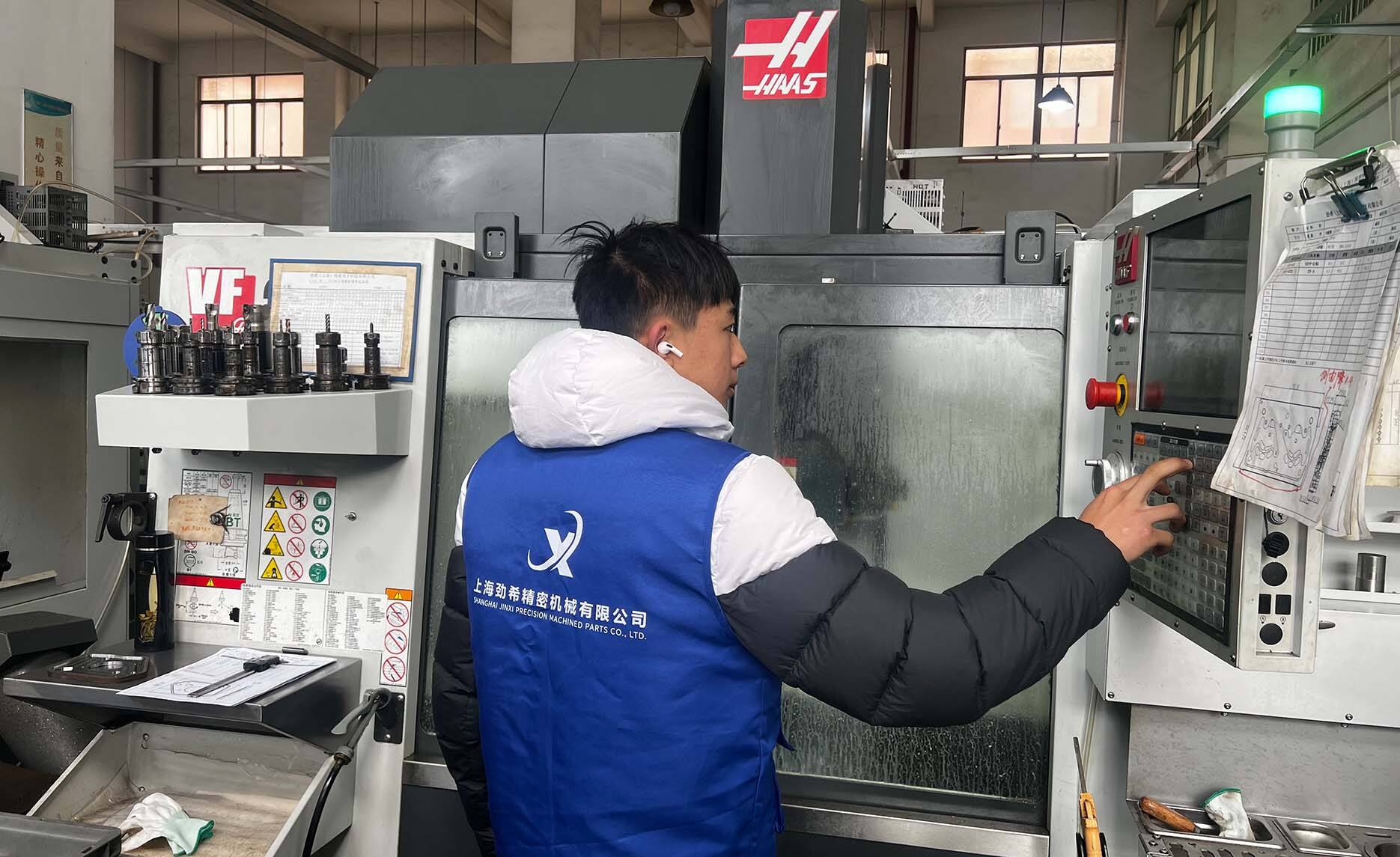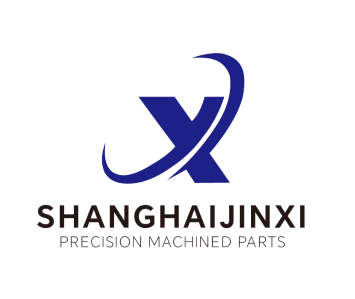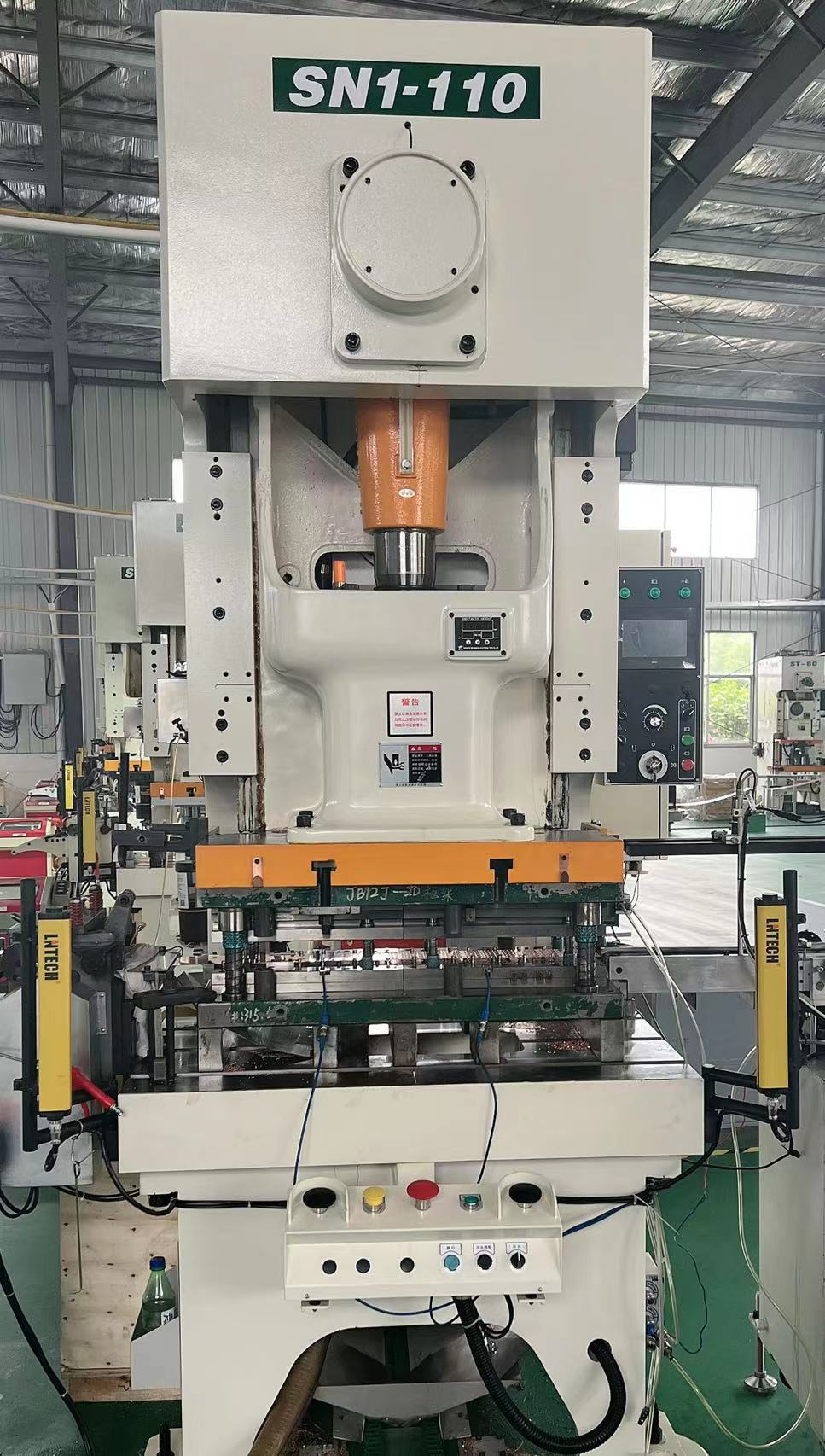What to Expect from High-Quality Machining Services
In the modern manufacturing landscape, precision and reliability are critical factors that determine the quality of finished products. Companies across industries, from automotive and aerospace to medical devices and energy, depend heavily on machining processes to create parts that meet strict standards of accuracy and durability. For businesses looking to outsource their production or for engineers seeking dependable partners, understanding what to expect from high-quality machining services is essential. The right provider not only delivers accurate parts but also adds value through innovation, efficiency, and long-term collaboration.
Machining services encompass a wide range of processes including milling, turning, drilling, grinding, and advanced methods such as electrical discharge machining and CNC precision cutting. While many suppliers can offer basic machining, the difference between average and high-quality services lies in attention to detail, use of technology, adherence to standards, and customer-oriented practices. A closer look into these factors reveals why some providers stand out in a competitive market.
The Importance of Precision in Machining Services
Precision is at the core of machining. When designing mechanical components, even small deviations can compromise functionality, leading to failure in larger assemblies. High-quality machining services ensure that parts are produced with tight tolerances, often measured in microns. This level of precision requires advanced CNC machinery, calibrated tools, and highly trained operators. The result is components that fit seamlessly within assemblies, function as intended, and meet performance requirements across demanding industries.
In aerospace, for example, engine parts must withstand extreme temperatures and stresses, meaning that even microscopic imperfections could cause catastrophic failures. In medical devices, implants and surgical instruments must be flawlessly machined to guarantee patient safety. In each of these cases, high-quality machining services are not just about meeting specifications but about ensuring reliability, safety, and compliance.
Technology and Equipment Standards
One of the clearest indicators of high-quality machining services is the technology and equipment used. State-of-the-art CNC machines provide repeatability, speed, and precision that older equipment cannot match. Multi-axis machining centers, for instance, allow complex parts to be manufactured in fewer setups, reducing errors and improving consistency. Additionally, automation and robotics enhance efficiency by streamlining workflows, minimizing downtime, and increasing throughput.
High-quality providers also invest in metrology equipment such as coordinate measuring machines (CMMs), laser scanners, and optical measurement systems to verify parts against design specifications. Quality checks at every stage of production ensure that components leaving the facility meet or exceed customer expectations. The integration of CAD/CAM software further improves design accuracy and allows for seamless transfer of specifications from design to production.
Material Expertise and Versatility
Another hallmark of reliable machining services is the ability to handle a wide range of materials. Depending on the industry, parts may need to be manufactured from aluminum, stainless steel, titanium, plastics, or composites. Each material presents unique challenges in machining, requiring knowledge of tool selection, cutting speeds, and cooling methods. A high-quality provider understands these nuances and optimizes processes accordingly.
For example, titanium is widely used in aerospace and medical industries due to its strength-to-weight ratio and biocompatibility, but it is notoriously difficult to machine because of its hardness and tendency to generate heat. A skilled machining partner can successfully process titanium without sacrificing surface quality or dimensional accuracy. Similarly, plastics require careful handling to avoid deformation and thermal damage. Providers offering this versatility allow customers to source all their machining needs from a single partner, simplifying supply chains and ensuring consistent quality.
Compliance with Industry Standards
High-quality machining services operate within strict frameworks of industry standards and certifications. ISO 9001 certification demonstrates a commitment to quality management systems, while AS9100 is critical for aerospace applications and ISO 13485 for medical devices. These certifications prove that a provider has documented procedures, continuous improvement practices, and traceability throughout the production process.
Compliance also extends to environmental and safety standards. Many top providers incorporate sustainable practices such as waste reduction, energy-efficient machining, and responsible disposal of cutting fluids. For customers, partnering with a certified provider means reduced risk, improved trust, and confidence that parts will meet regulatory requirements.

Customization and Engineering Support
A distinguishing feature of high-quality machining services is the level of support they offer beyond basic production. Many leading providers work closely with customers during the design phase to optimize parts for manufacturability. This engineering collaboration can lead to significant cost savings by reducing material waste, simplifying machining operations, or improving part performance.
Customization is another benefit. Rather than offering one-size-fits-all solutions, high-quality providers tailor their services to match the unique needs of each project. Whether it is prototyping for startups, small-batch runs for research and development, or large-scale production for established industries, they adapt their resources to deliver optimal results. This flexibility is especially valuable in industries where innovation and speed to market are critical.
Lead Times and Efficiency
Efficiency is a key expectation when selecting a machining services provider. Businesses cannot afford delays in production, as they can disrupt entire supply chains. High-quality providers understand this urgency and invest in efficient workflows, advanced scheduling systems, and lean manufacturing principles to minimize lead times.
Rapid prototyping is one area where efficiency matters most. With modern CNC technologies, providers can turn digital models into physical parts quickly, allowing customers to test and refine designs before committing to full-scale production. Short lead times also mean that businesses can respond faster to market changes, giving them a competitive edge.
Surface Finish and Aesthetic Quality
Beyond dimensional accuracy, the surface finish of machined parts is another indicator of quality. High-quality machining services provide parts with smooth finishes that meet functional requirements and aesthetic expectations. For some industries, such as consumer electronics or luxury automotive, the appearance of parts is as important as their performance.
Providers achieve superior finishes through careful selection of cutting tools, speeds, and post-processing techniques such as polishing, coating, or anodizing. The ability to deliver both technical precision and visual appeal sets high-quality machining services apart from basic suppliers.
Long-Term Partnerships and Reliability
Choosing machining services is not just about a single project; it is often about building a long-term partnership. High-quality providers focus on reliability, transparency, and communication. They provide regular updates during production, maintain open channels for feedback, and consistently deliver on time. Over time, this builds trust and allows both parties to collaborate more effectively on future projects.
For customers, having a dependable machining partner means reduced risks, improved supply chain stability, and the confidence to pursue more ambitious designs and projects. Reliability is not simply about parts arriving on schedule but also about consistent quality that does not waver over multiple production cycles.
Conclusion
High-quality machining services are far more than simple fabrication shops. They represent a combination of advanced technology, skilled expertise, rigorous quality control, and customer-centered practices. From precision and material versatility to compliance with international standards and integration of engineering support, these providers add value across every stage of the manufacturing process. Businesses that partner with high-quality machining services can expect not only accurate and durable components but also enhanced efficiency, innovation, and long-term reliability. In a competitive market where every detail matters, the right machining partner becomes an indispensable asset for growth and success.
FAQ
What industries rely most on machining services?
Industries such as aerospace, automotive, medical devices, energy, and consumer electronics are highly dependent on precision machining for critical components.
How do machining services ensure precision?
They use advanced CNC equipment, calibrated tools, and rigorous quality checks with measurement systems like coordinate measuring machines.
Can machining services handle all types of materials?
Yes, high-quality providers work with metals such as aluminum, steel, and titanium, as well as plastics and composites.
Why are certifications important for machining services?
Certifications such as ISO 9001, AS9100, or ISO 13485 demonstrate compliance with industry standards and ensure quality and traceability.
Do machining services also provide prototyping?
Many providers offer prototyping as part of their services, helping customers test and refine designs before full-scale production.
How do machining services improve efficiency?
They use lean manufacturing, automation, and advanced scheduling systems to reduce lead times and improve consistency.
What determines the surface quality of machined parts?
Factors such as tool selection, machining speeds, and finishing processes determine the final surface quality and appearance.
Are machining services suitable for small production runs?
Yes, many providers are flexible, offering everything from single prototypes to high-volume production depending on client needs.
Can machining services support product design?
High-quality providers often collaborate with engineers during design to optimize parts for manufacturability and cost efficiency.
What should I look for in a machining services partner?
Look for precision, technology investment, material expertise, certifications, efficiency, and reliability to ensure long-term value.
Table of Contents
- What to Expect from High-Quality Machining Services
- The Importance of Precision in Machining Services
- Technology and Equipment Standards
- Material Expertise and Versatility
- Compliance with Industry Standards
- Customization and Engineering Support
- Lead Times and Efficiency
- Surface Finish and Aesthetic Quality
- Long-Term Partnerships and Reliability
- Conclusion
-
FAQ
- What industries rely most on machining services?
- How do machining services ensure precision?
- Can machining services handle all types of materials?
- Why are certifications important for machining services?
- Do machining services also provide prototyping?
- How do machining services improve efficiency?
- What determines the surface quality of machined parts?
- Are machining services suitable for small production runs?
- Can machining services support product design?
- What should I look for in a machining services partner?

